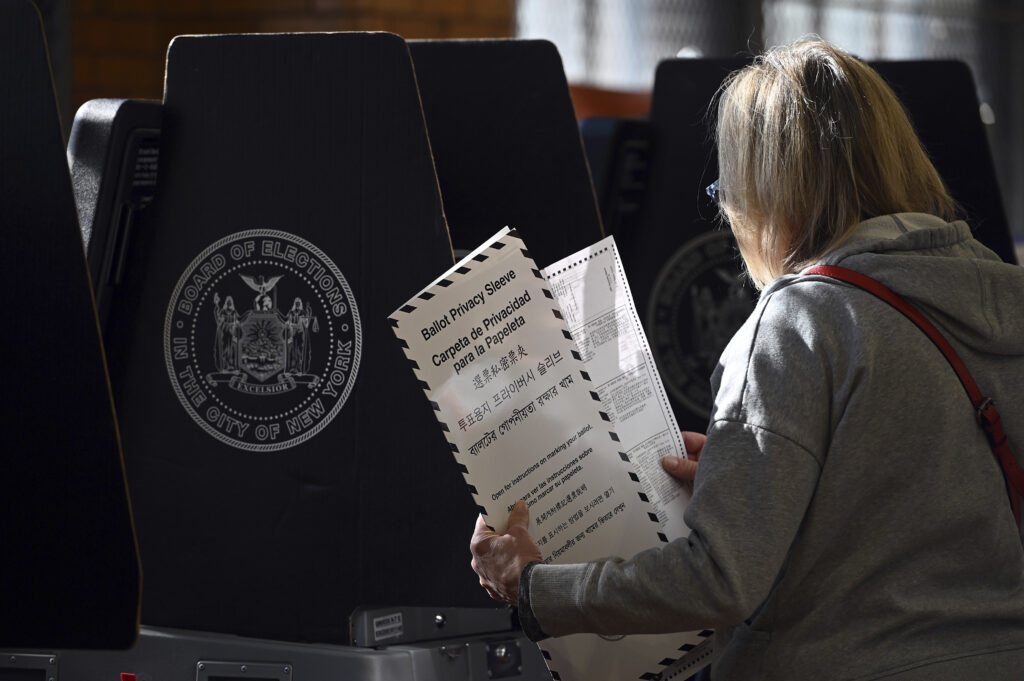Who Can Access My Voting Information?

As Election Day nears, many people are figuring out when and how they will cast their vote. One question that frequently arises is whether someone — a spouse, a friend, a family member or an employer — can see who you voted for.
The short answer is: no.
“The secret ballot is a cornerstone of modern democracies. Secrecy of the ballot is guaranteed in state constitutions and statutes nationwide,” the Electronic Privacy Information Center stated on its website.
Keep reading for a more in-depth explanation of how voting privacy works and to get answers to some frequently asked questions.
What voting information of mine is available publicly?
It differs by state, but for the most part, your name, address and political party affiliation are publicly available information. Some states also make your voter history public, such as how many elections you have cast a ballot in. However, the candidates you voted for in each election are not part of your publicly available voting record.
Can I keep information like my address private?
Most states have programs where some individuals can request to have their information hidden from public disclosure because they are victims of crimes such as domestic abuse, sexual assault and stalking. These programs are often known as “Address Confidentiality Programs.”
Some states have expanded these confidentiality programs to law enforcement officers, certain medical professionals, judges or other government officials.
Do I have to vote for a candidate in the party I’m officially affiliated with?
No, not in the general election. You can vote for any candidate on the ballot, regardless of whether you’re registered as a Democrat, Republican or Independent.
The only time your party affiliation could dictate who you can vote for is during primary elections because some states have closed Democratic and Republican primaries, meaning you have to be registered with that party to participate.
Can election officials see who I voted for?
No, they can’t. Even though poll workers and election officials handle and count ballots, they can’t trace the candidate selections back to you.
“Ballot secrecy is built into every step of the elections process, and it is not possible for election officials to know who an individual voter voted for,” the National Association of State Election Directors said on its website.
What voting method is best to maintain my privacy?
If you don’t want someone in your home to see who you’re voting for, in-person voting may be your best option — whether that’s on Election Day itself or during your state’s early voting period. Also, if needed, you can fill out an absentee or mail-in ballot outside of your home and place it in a mailbox or ballot drop box in your area.
Otherwise, all voting methods are secure, and ballots cast in various ways are not in the public record.